Résultats de la recherche pour : John Tolan
Revue de presse, 8 octobre
France
"En dépit de certaines polémiques, la très grande majorité des écoles, publiques mais aussi privées, s'adaptent pour que tous les enfants puissent bien manger, quelle que soit leur religion" — Laïcité, ces cantines scolaires où il fait bon manger (Bernard Gorce, La Croix)
"S'exprimant sur RCF-Vendée, lundi 5 octobre, l'évêque de Luçon a invité le réseau des écoles catholiques qui réfléchit actuellement sur la Charte de la laïcité du ministère de l'éducation nationale à ne pas craindre de proposer la foi" — Mgr Alain Castet rappelle à l'enseignement catholique que la « norme ultime, c'est le Christ » (C. Le., La Croix)
Revue de presse, 2 octobre
Belgique
"La Cour constitutionnelle a largement débouté, dans un arrêt rendu jeudi, les évêques des diocèses de Wallonie, l'archevêque de Malines-Bruxelles et plusieurs fabriques d'église dans leur recours en annulation partielle du décret du 13 mars 2014 du ministre wallon Paul Furlan sur la tutelle des cultes" — Nouveau décret wallon sur les cultes : Les évêques largement déboutés devant la Cour constitutionnelle (Belga, La Libre)
"Des policiers belges ont entamé jeudi à Kénitra (Maroc) un séminaire de deux jours avec leurs homologues marocains pour renforcer la lutte contre le radicalisme et le terrorisme" — Des policiers belges au Maroc pour lutter contre la radicalisation et le terrorisme (Belga, La Libre)
Revue de presse hebdo, 26 septembre
USA
Le nombre d'adeptes de l'Église du bacon a triplé en l'espace de quelques mois. L'organisation américaine utilise le morceau de porc comme prétexte pour dénoncer la discrimination envers les athées — Aux États-Unis, l'Église du bacon recrute (Metronews)
Canada/Québec
Le Mouvement laïque québécois (MLQ) reproche à la ministre de la Justice, Stéphanie Vallée, de « s’attaqu[er] principalement à la critique des religions, plus précisément à la critique de l’islam » au moyen du projet de loi 59. Le projet de loi antidiscours haineux « brime » ainsi les« libertés fondamentales »,dont la liberté d’expression et la liberté de conscience, est d’avis le groupe de pression politique faisant la promotion de « la laïcisation complète de l’État ». « Plutôt que de combattre les discours haineux [le projet de loi] les encouragera, favoriseramême leur prolifération — Le gouvernement accusé de bâillonner la critique des religions (Le Devoir)
The religious situation in Romania
A country of twenty million Latin-language speaking inhabitants, Romania is situated on the crossroad of different politic, religious and cultural influences. In the Moldavian and the Walachia principalities, the role of the Byzantine, the Ottoman, and the Russian Empires was essential. As for Transylvania, it was influenced by Vienna, Budapest and Rome. Unavoidably, this historic heritage is closely related to the Romanian religious situation.
Religion and secularism in Poland
In Poland, religious freedom is guaranteed by the 1997 Constitution and by international instruments incorporated into Polish law. The country is also party to most European and universal human rights documents. In 2003, the number of Catholics was estimated at 34,443,998 (90.1 % of the entire population), the number of Orthodox Christians at 510,712 (1.34 %) and the number of Protestants at 162,102 (0.42 %). Surveys of the Centre of Public Opinion Research (CBOS) and the Catholic Church Institute of Statistics have shown that 90 % of the Polish population consider themselves a religious person, whereas the latest CBOS survey (2015) reveals that 50 % of the population participates in mass at least once a week (58 % in 2005). The same survey indicates that the proportion of people who do not attend Church services has increased from 9 % in 2005 to 13 % in 2015. Daily prayer is also in steep decline: from 66 % in 2005 to 43 % in 2015.
Revue de presse, 4 septembre
Hongrie
"Etre chrétien, c'est 'montrer que l'on est prêt à faire preuve de solidarité', a réagi le président du Conseil européen Donald Tusk, qui reçoit le Premier ministre hongrois" — L'afflux des réfugiés menace l'identité chrétienne de l'Europe, selon Viktor Orban (AFP, Le Soir)
Les récents propos du Premier ministre hongrois Viktor Orban à propos des réfugiés qui sont, selon lui, 'une menace pour l'identité chrétienne en Europe' - suivis de la réaction par téléphone de Jean-Pierre Delville, évêque de Liège et professeur à l'UCL (Aline Gonçalves, Matin Première - RTBF)
Malta
No tourist visiting Malta would nowadays repeat what a traveller to Malta, quoted by John Wignacourt in his 1914 book The Odd Man in Malta, said in 1914 — ‘Malta would have been a delightful place if every priest were a tree…’! Contemporary Malta is much greener than what it was when the Knights of St John were given the arid island in fief in 1530 AD, even though current debate often focuses on the current government’s alleged lack of concern for the environment in its drive to appease the developers. But also because the number of priests has dwindled significantly over the last half a century, and the cry of ‘Malta Kattoliċissima’ (“Malta the most Catholic”) no longer holds sway.
Poland
In Poland, religious freedom is guaranteed by the 1997 Constitution and by international instruments incorporated into Polish law. The country is also party to most European and universal human rights documents. In 2003, the number of Catholics was estimated at 34,443,998 (90.1 % of the entire population), the number of Orthodox Christians at 510,712 (1.34 %) and the number of Protestants at 162,102 (0.42 %). Surveys of the Centre of Public Opinion Research (CBOS) and the Catholic Church Institute of Statistics have shown that 90 % of the Polish population consider themselves a religious person, whereas the latest CBOS survey (2015) reveals that 50 % of the population participates in mass at least once a week (58 % in 2005). The same survey indicates that the proportion of people who do not attend Church services has increased from 9 % in 2005 to 13 % in 2015. Daily prayer is also in steep decline: from 66 % in 2005 to 43 % in 2015.
Romania
A country of twenty million Latin-language speaking inhabitants, Romania is situated on the crossroad of different politic, religious and cultural influences. In the Moldavian and the Walachia principalities, the role of the Byzantine, the Ottoman, and the Russian Empires was essential. As for Transylvania, it was influenced by Vienna, Budapest and Rome. Unavoidably, this historic heritage is closely related to the Romanian religious situation. In ancient Moldavian and Walachia principalities, the dominant Church (87 %) is the Orthodox. In Transylvania, different denominations share the believers with the Orthodoxy: Roman Catholicism (5 %), Greek-Catholicism (Uniatism) (1 %) and the Protestantism, or more precisely Calvinism (3 %), Unitarianism (anti-Trinitarians) (0.3 %) and Lutheranism (0.5 %). Roman Catholicism, Calvinism, Unitarianism, and Lutheranism followers are mainly among the Hungarian community.
Slovenia
The Slovenian national area is one of those areas in Central Europe that entrusted its “nation building” to elites of prevalently Catholic origin as it simply had no other elites. Even a century later these countries, as a rule, still carry the burden of the complex relation between the Church, society and politics, with the majority of their population declaring themselves Catholic. At the end of the 19th century, the clash between Catholicism and modern European society gave birth to political Catholicism. In the Slovenian territory, it ended with the conservative triumphant rise to power in the aftermath of democratization and election reform in the Habsburg monarchy in 1907. In the interwar period, political Catholicism consolidated its rule in the Slovenian territory, which was now part of the Kingdom of Yugoslavia.





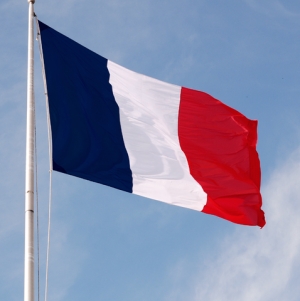
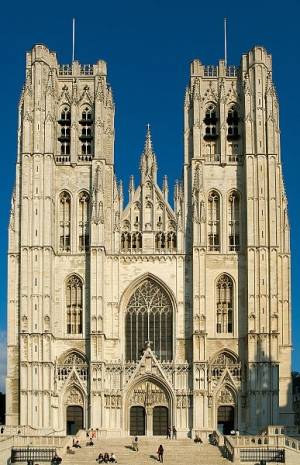
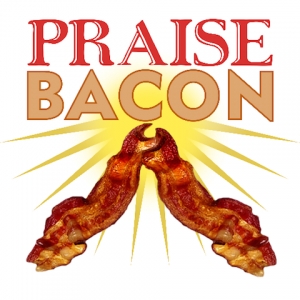
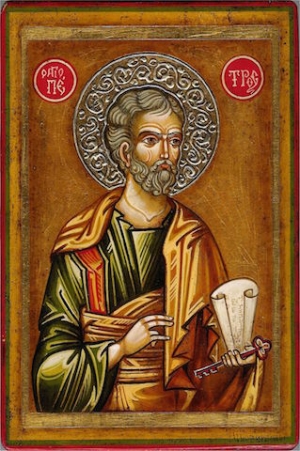
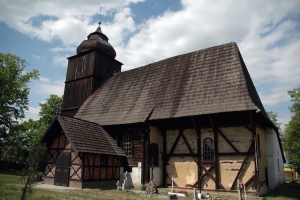
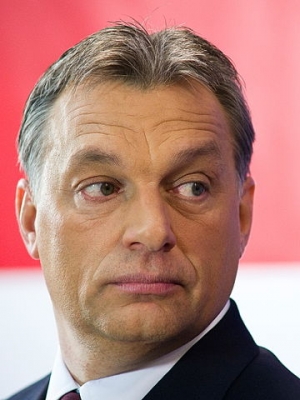
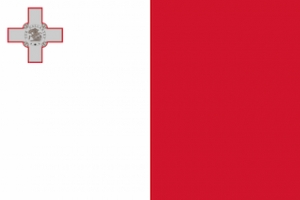
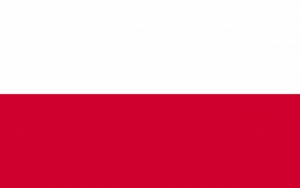
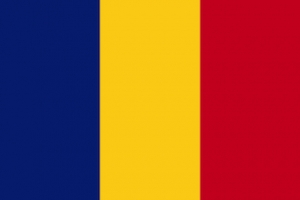
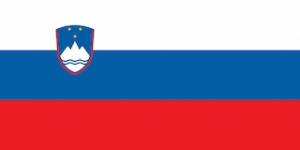
 MangoGem
MangoGem